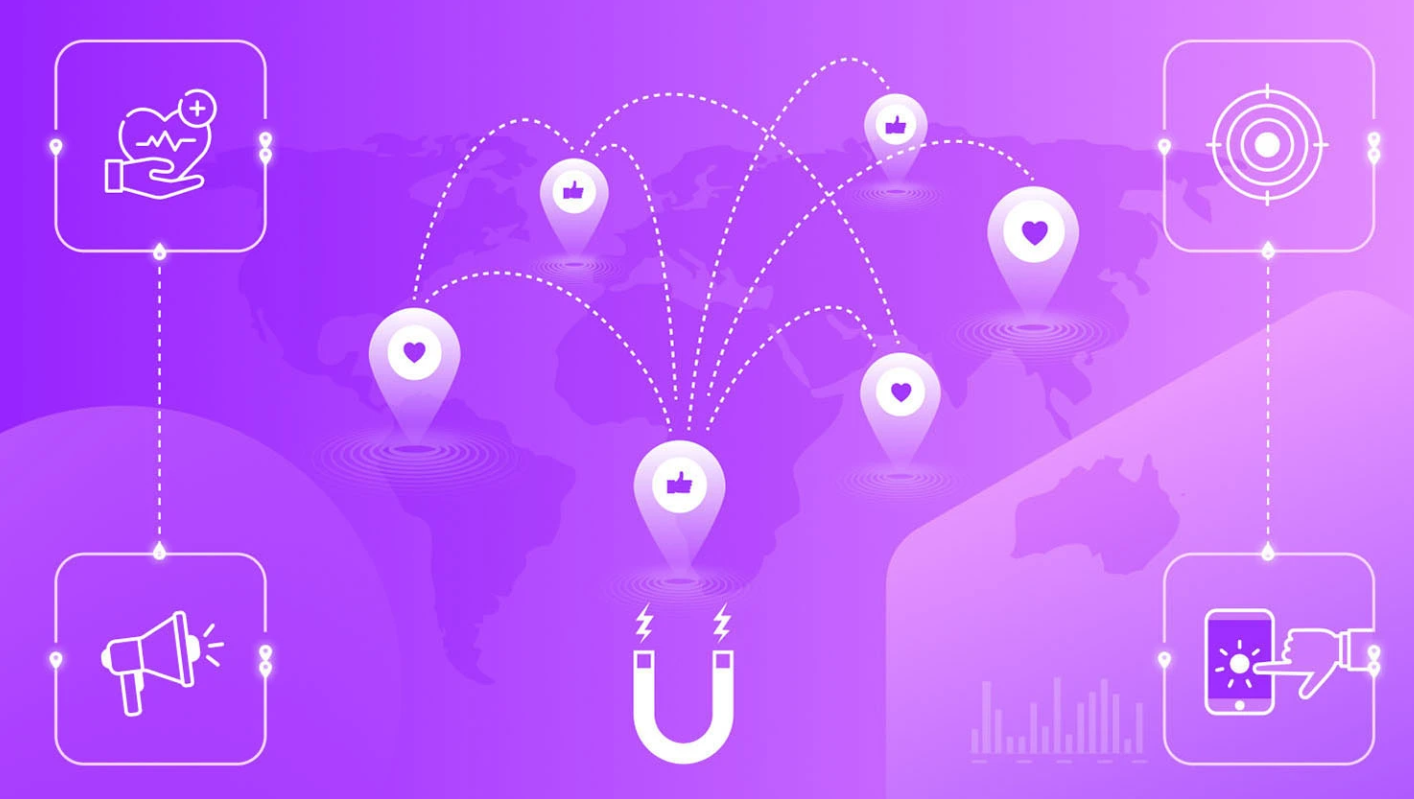Introduction
The healthcare industry is undergoing a digital revolution and at the heart of this transformation lies Artificial Intelligence (AI). From clinical research to patient communication, AI has become an essential tool for improving accuracy, efficiency, and outcomes. One area where this evolution is particularly evident is in medical writing.
Today, every medical writing agency that wants to stay ahead of the curve must embrace AI integration. Not as a replacement for human expertise, but as an intelligent assistant that enhances quality, speed, and compliance. Whether you’re a pharmaceutical brand, healthcare startup, or marketing firm looking to hire a medical writer, understanding how AI reshapes the medical writing process is crucial.
1. The Changing Landscape of Medical Writing
Traditional medical writing relied heavily on human skill detailed research, scientific interpretation, and precise language. While these remain irreplaceable, the growing volume of medical data and regulatory demands have made manual writing alone inefficient.
AI bridges this gap by:
-
Automating data collection from scientific papers and clinical studies.
-
Assisting in literature reviews by scanning thousands of publications in seconds.
-
Improving accuracy and compliance with real-time grammar, plagiarism, and style checks.
For a medical writing agency, AI integration means faster project delivery, higher consistency, and the ability to take on larger, more complex projects all without compromising quality.
2. How AI Enhances the Role of Medical Writers
AI is not here to replace human writers; it’s here to empower them. By taking over repetitive and data-heavy tasks, AI allows medical writers to focus on what truly matters interpretation, storytelling, and strategy.
When companies hire medical writers trained in AI-assisted tools, they gain professionals who can:
-
Quickly extract key findings from research data.
-
Create structured summaries of complex clinical trials.
-
Generate compliant drafts that align with regulatory guidelines.
Moreover, AI tools like natural language processing (NLP) and machine learning help writers identify trends and insights that might otherwise go unnoticed. This combination of human intelligence and machine efficiency results in content that is both scientifically accurate and contextually relevant.
3. AI-Driven Quality Control and Compliance
For any medical writing agency, quality and compliance are non-negotiable. Regulatory writing whether it’s clinical study reports, patient safety documents, or submissions to agencies like the FDA or EMA demands absolute precision. Even the smallest oversight can delay approvals or damage credibility.
AI tools now play a critical role in ensuring compliance by:
-
Cross-referencing terminology with official guidelines and glossaries.
-
Checking for inconsistencies across large documents.
-
Ensuring proper referencing and citation formatting.
For instance, AI can alert writers to missing data points or incorrect phrasing that may affect regulatory approval. This level of automated precision reduces the risk of human error while maintaining a strong human review layer making the process faster and more reliable.
4. AI Integration Beyond Writing The Marketing Advantage
In today’s healthcare ecosystem, medical content isn’t limited to clinical reports. It extends into digital marketing, patient education, and social media management. This is where the synergy between a medical writing agency and a social media management agency becomes powerful.
AI enables medical writers and marketers to collaborate effectively by:
-
Analyzing engagement metrics to identify which healthcare topics resonate most with audiences.
-
Personalizing communication for doctors, patients, and stakeholders.
-
Optimizing medical posts and campaigns for search and compliance simultaneously.
Imagine a scenario where a pharma brand’s medical writing team creates a detailed article about a new therapy, while the AI-driven social media team tailors that content into bite-sized, compliant posts that reach target audiences effectively. This integration not only boosts online visibility but also enhances trust in the brand.
5. Cost Efficiency and Scalability for Agencies
For a medical writing agency, scaling operations without increasing overheads is a challenge. AI solves this by automating many aspects of the workflow from research to formatting.
Agencies that adopt AI can:
-
Deliver projects faster, increasing client satisfaction.
-
Handle more clients simultaneously with the same team size.
-
Reduce revisions and rework through smarter quality checks.
This cost-efficiency allows agencies to remain competitive while offering premium writing services. Moreover, clients looking to hire a medical writer benefit from lower costs and quicker turnaround times a win-win for both sides.
6. The Human Touch Still Matters
While AI brings unmatched precision and speed, the human touch remains irreplaceable. Medical writing is not just about compiling data; it’s about communicating science with empathy and clarity.
Human writers understand tone, intent, and cultural nuances things AI still struggles to grasp completely. Therefore, the best medical writing agencies of the future will be those that blend AI technology with human creativity and judgment.
Agencies that encourage continuous upskilling training writers to use AI tools responsibly will set the benchmark for quality and innovation in the industry.
7. Future Outlook AI as a Partner, Not a Competitor
The future of medical writing is AI-assisted, not AI-driven. Agencies that embrace this shift early will lead the market. The partnership between AI and human expertise will redefine how medical content is created, reviewed, and shared.
For clients and healthcare brands, this means access to more accurate, faster, and cost-effective writing solutions. For medical writers, it’s an opportunity to evolve, learn new technologies, and add more strategic value to their roles.
Conclusion
AI integration isn’t just a trend it’s the future of every medical writing agency. From enhancing quality and compliance to streamlining workflows and supporting digital marketing efforts, AI is reshaping how medical content is created and consumed.
Whether you’re looking to hire a medical writer or partner with a social media management agency specializing in healthcare, choosing teams that leverage AI ensures better precision, scalability, and engagement.














